
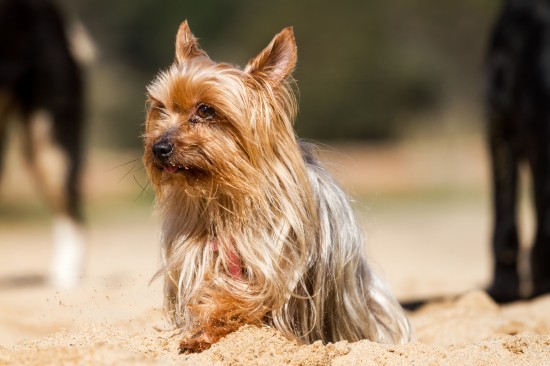
The Yorkshire Terrier is one of the most popular small dog breeds within the UK, and the “Yorkie,” as they are sometimes affectionately referred to, is a lively, active and generally robustly healthy small dog. Their personalities contain all of the usual terrier traits of intelligence, interest in the world around them and an inquisitive nature, and they are naturally busy little dogs that require a reasonably high amount of entertainment and stimulation to keep them happy and well.
Due to their small size, the Yorkshire Terrier is often considered to be a lap dog, and it is true that they are very affectionate and loving with their owners, and bond strongly with the people that take care of them. However, it would be a mistake to think that just because the Yorkie is little and cute that they do not need much exercise or should be kept in a fairly sedentary lifestyle, as a lack of activity and carrying too much excess weight can adversely affect the health and longevity of the dog.
Read on to learn more about how to keep your Yorkshire Terrier happy and healthy, plus gain an understanding of some of the health conditions that the Yorkie can be particularly prone to.
When kept active, entertained and adequately fed, the Yorkie is overall a healthy, bright and robust dog that is not particularly prone to sickliness or ill health. It is important to make sure that your Yorkie is checked over by the vet once a year to ensure that they are in good health, and of course to receive their annual booster vaccinations.
The Yorkie needs to be kept fairly active, and walked enough to allow them to stretch their legs, burn off the calories from their meals, and maintain their overall health and wellness. While the Yorkie is lively and enjoys play and running around, they do only have little legs, and so a variety of short walks each day will be more suitable for them than one particularly long walk.
It is important to feed a balanced diet that is suitable to the age, activity levels and size of your dog, and complete dog foods for small breeds are available to enable you to do this. Make sure that your Yorkie receives a balanced diet, and is not spoiled by too many treats and table scraps!
Yorkies have soft, silky coats that are often long, and it is important to take good care of your dog’s coat. This may mean that you will need to brush and groom your Yorkshire Terrier on a daily basis, and make sure they do not get knotted or matted up. Many Yorkshire Terriers benefit from regular trips to the grooming salon every few weeks, in order for them to be professionally bathed, groomed and sometimes trimmed.
While the Yorkshire Terrier is not classed as one of the dog breeds that are particularly at risk of suffering from genetically inherited or breed-specific health problems, nevertheless the Yorkie owner should be aware of some conditions that the Yorkie can be particularly prone to.
While many of the above conditions are obviously serious and potentially dangerous, it is worth noting that the vast majority of conditions that are associated with Yorkshire Terriers are nevertheless still rare, and even so, are generally treatable. If you suspect that there is or might be something wrong with your Yorkshire Terrier, pop them along to the vet for a check-up in order to put your mind at rest, or establish what can be done to deal with the problem.
The Yorkshire Terrier is a relatively healthy and long-lived breed overall, with the average lifespan of the dog being between 13 and 16 years. Many Yorkies will also live well into their late teens, or even over 20 in some rare cases!
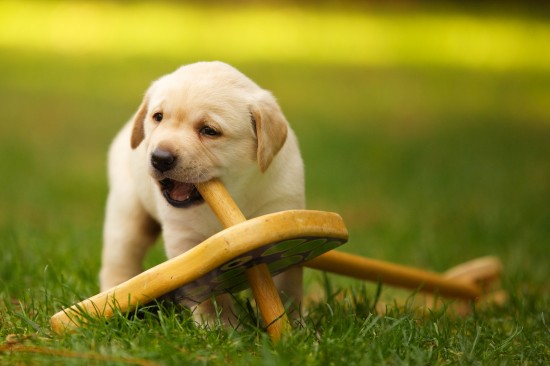 Why Dogs Love To Chew So Much
Why Dogs Love To
Why Dogs Love To Chew So Much
Why Dogs Love To
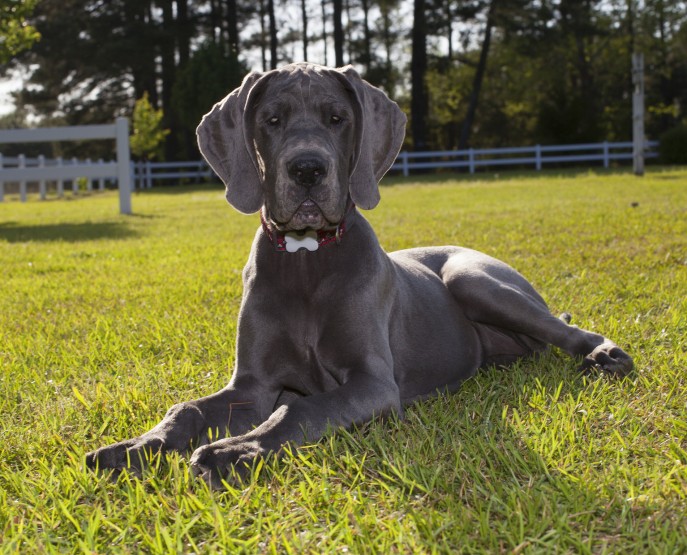 How To Decide Upon A Puppy Food For Large And Giant Breeds Of Dog
How To Decide Upo
How To Decide Upon A Puppy Food For Large And Giant Breeds Of Dog
How To Decide Upo
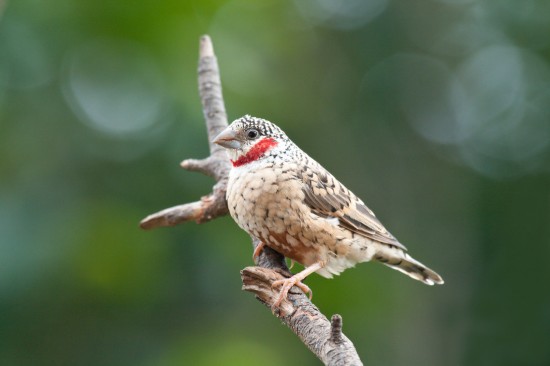 The Cut-throat & The Red-headed Finches
The Cut-throat &
The Cut-throat & The Red-headed Finches
The Cut-throat &
 What To Do If Your Dog Has Convulsions Or A Seizure
What To Do If You
What To Do If Your Dog Has Convulsions Or A Seizure
What To Do If You
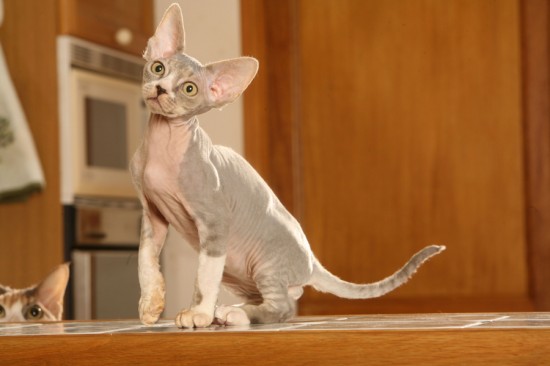 Thinking Of Owning A Devon Rex Cat?
Thinking Of Ownin
Thinking Of Owning A Devon Rex Cat?
Thinking Of Ownin
Copyright © 2005-2016 Pet Information All Rights Reserved
Contact us: www162date@outlook.com